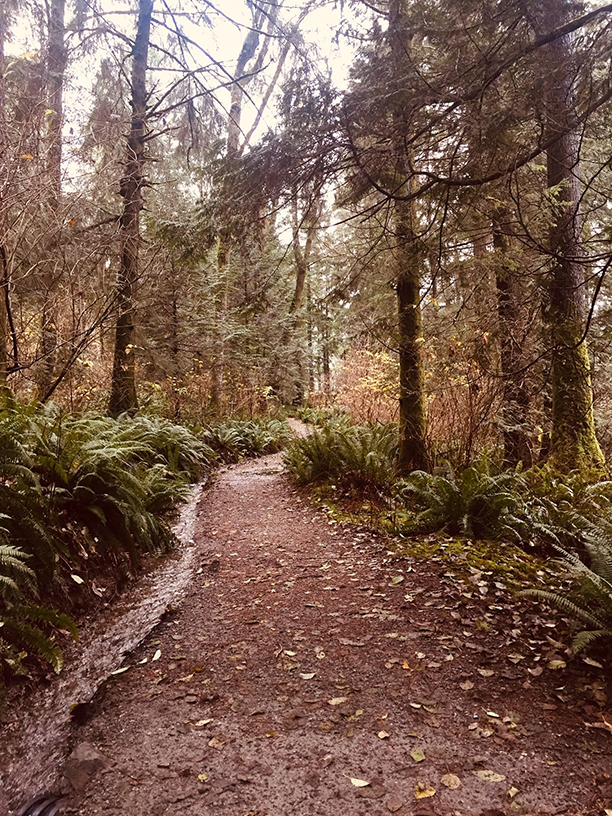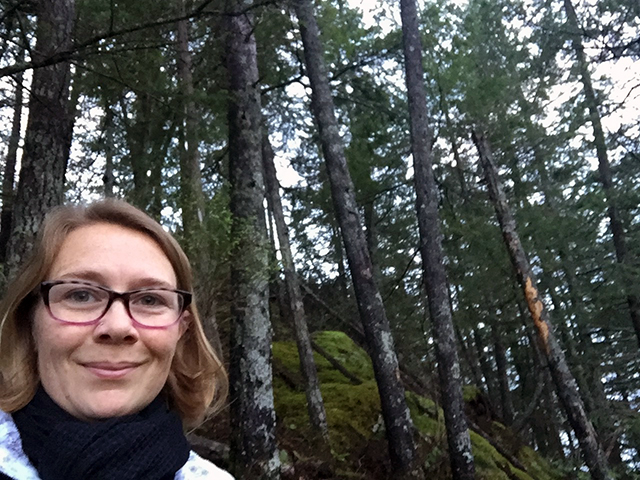Boundless Compassion

As God’s people we are all called to a life of compassion. And one doesn’t have to look very far in today’s world to see the needs are many and great. But what is compassion, really? Translated from Latin, it means “to suffer with.” Compassion is not the same as sympathy or pity. It’s not just the emotional response we feel when we see or hear stories of great suffering. The movement of compassion begins with awareness, causes us to discern our attitude and ultimately moves us to action, to enter into suffering, to get involved, to become vulnerable and to engage in the suffering of others. The four seeds of compassion are: non-judgment, non-violence (in thought, word and deed), forgiveness and mindfulness.
Thanks to a grant from the Episcopal Diocese of San Diego, I had the privilege of spending five days on Bowen Island, B.C., a short ferry ride from Vancouver. The retreat and facilitator workshop were led by Joyce Rupp, O.S.M., a prominent spiritual writer and speaker. Her books, Boundless Compassion and Prayers of Boundless Compassion released in early 2018.
The four-day retreat focused on themes of self-compassion, compassion and suffering, compassion for creation, compassion fatigue, and compassion for the marginalized. Joyce led the group in guided meditation and prayer and facilitated large group discussions. Time was given for personal reflection and small group sharing. Among the group of 50 participants, trust formed quickly among countless moments of healing and renewal.
On the fifth day, 18 of us gathered at Rivendell Retreat Center for a facilitator workshop. The time was dedicated to learning and exploring the ways someone might bring this material back to everyday life and share it with others. The possibilities are endless and there is tremendous work being done across the world by business people, medical professionals, social workers, clergy, laity, etc.
So how can we as individuals and collectively as parishes cultivate a life of compassion? St. John of the Cross said, “We become what we behold.” I encourage you to spend time reflecting on acts of compassion you’ve witnessed or experienced. How have you shown compassion to someone? Has there been a time when you experienced the compassion of someone else? Spend a few minutes each day contemplating one of the four seeds of compassion mentioned above and ask God to help you cultivate that seed in your daily interactions with yourself and others. Compassion begins with self-love.
If you are interested in a hosting a Boundless Compassion small group, conference, workshop or retreat at your church, workplace or with some other group, please feel free to reach out to me at nunns1@yahoo.com

